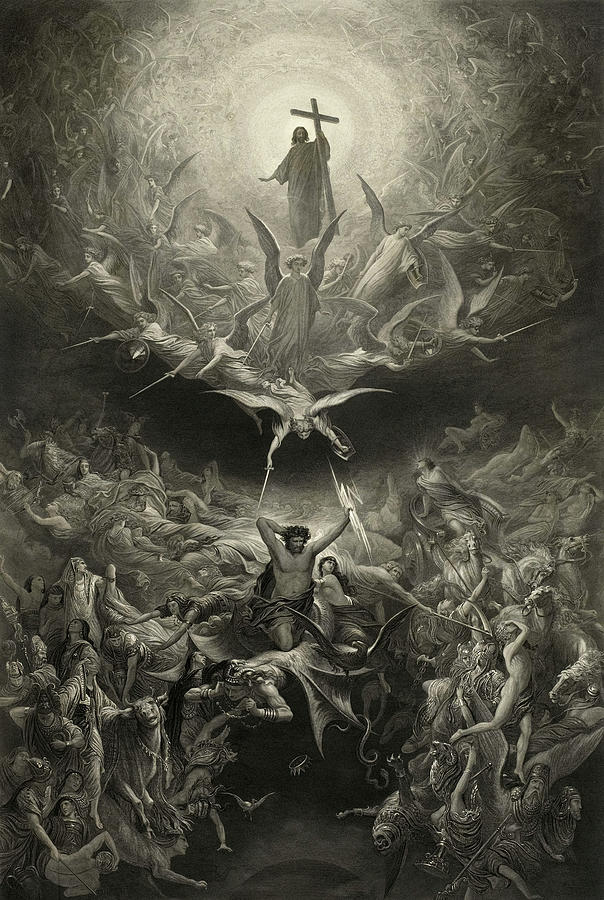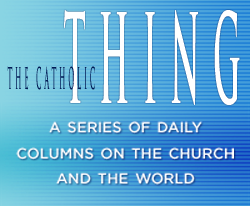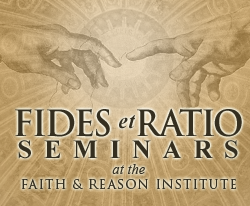To What Shall We Compare the Present Age?
One of the most remarkable features of the Gospels is how Jesus effortlessly tosses off unforgettable sayings, the kinds of phrases only the greatest thinkers and poets produce – and only rarely. As the American writer Randall Jarrell once put it, “ A good poet is someone who manages, in a lifetime of standing out in thunderstorms, to be struck by lightning five or six times; a dozen or two dozen times and he is great.” Jesus was – clearly – much more than a poet. But it’s still striking that he could say more memorable things in a few minutes on ordinary days than any figure in history. Pity the myopic Biblical scholars – or the many people now influenced by them – who believe that a gaggle of fishermen, tax collectors, and itinerant preachers just made a lot of it up.
Christ’s often-simple sayings bulk so large that it’s taken millennia of theologians, philosophers, saints, mystics, martyrs, priests, bishops, and popes even to begin to grasp what He said. And yet, at the same time, His words have spoken to the hearts of average people, not only in his day, but over ages, in “diverse” cultures, despite what seemed impossible obstacles. Aquinas thought one of the greatest Christian miracles was how a few humble men from a cultural backwater were able to convert the greatest empire (Rome) then in existence. A matter of sheer historical fact – and he lived before the Faith spread to the Americas, Africa, Asia, and the whole world.
That all this seems threatened now, and on every front, is reassuring in one way; it suggests that as dark as things seem at present, in both the Church and the world, the Gospel has shown itself to have an unsuspected power that cannot be predicted. It has always exceeded what we might “reasonably” expect. And could do so at any moment, even today.
In another way, it’s right to be worried because the present age seems not only mired in the usual human tangle of sin and ignorance. Our Western non-culture seems hell-bent on not only opposing but wiping out the very memory of the best that made us who we are.



